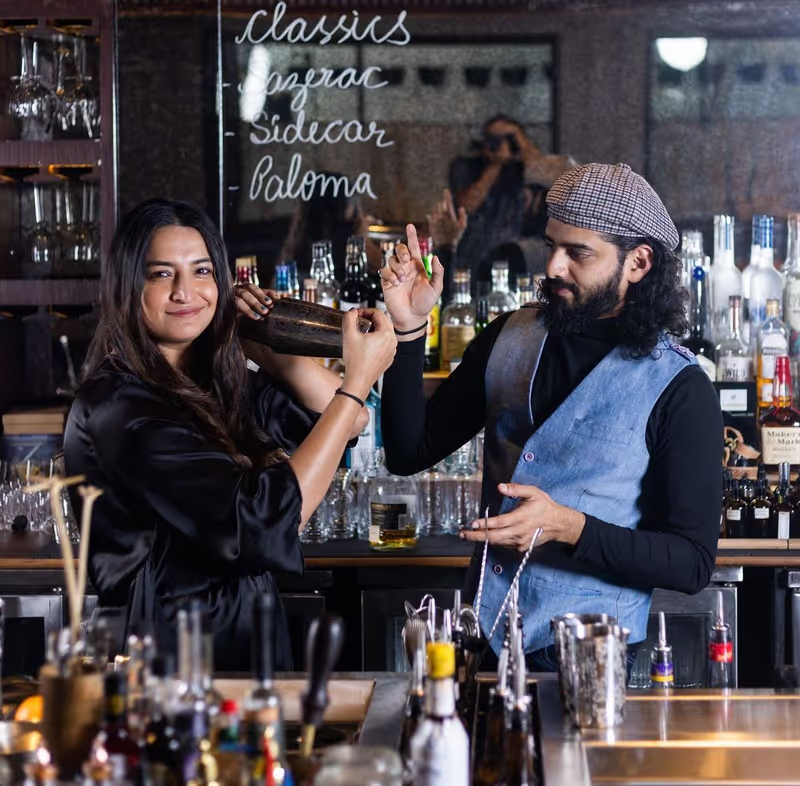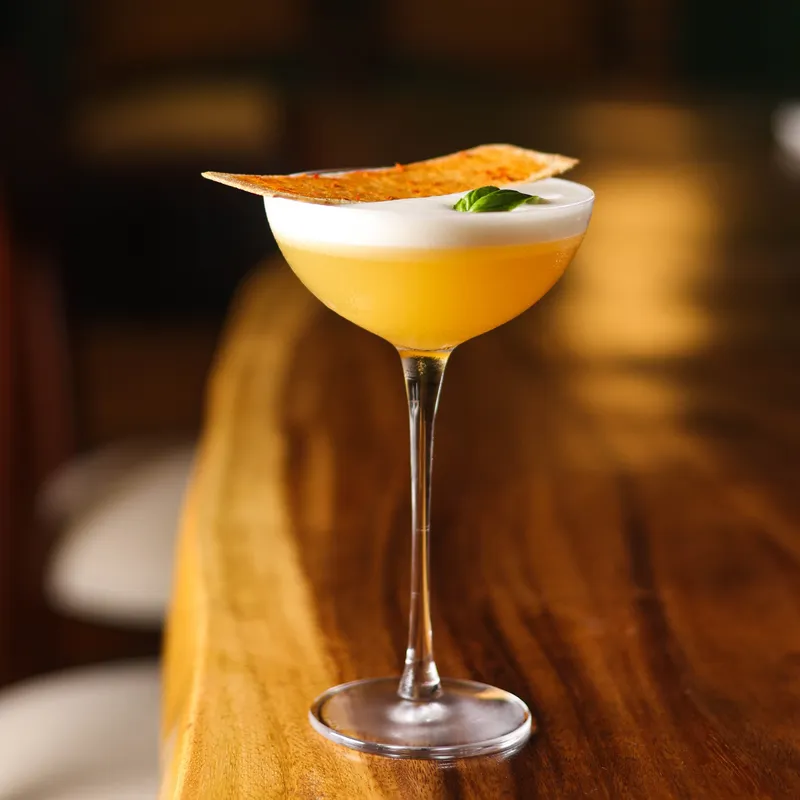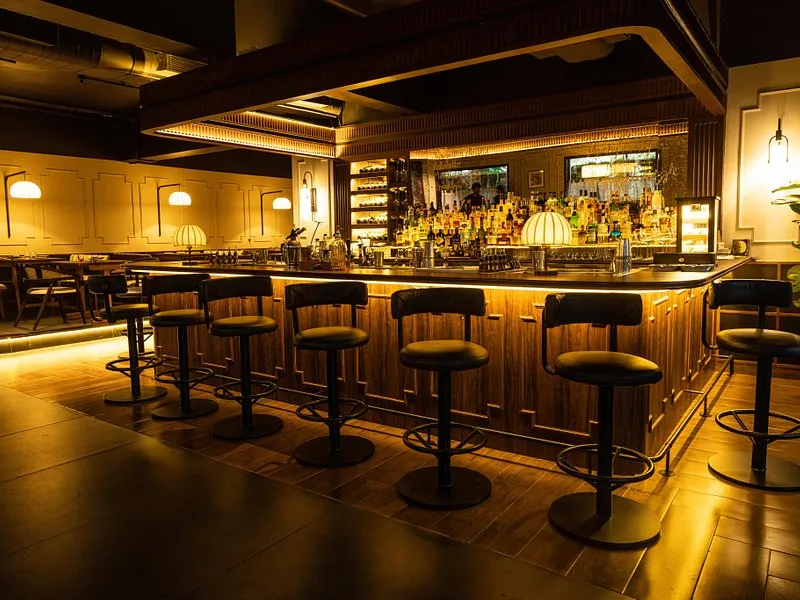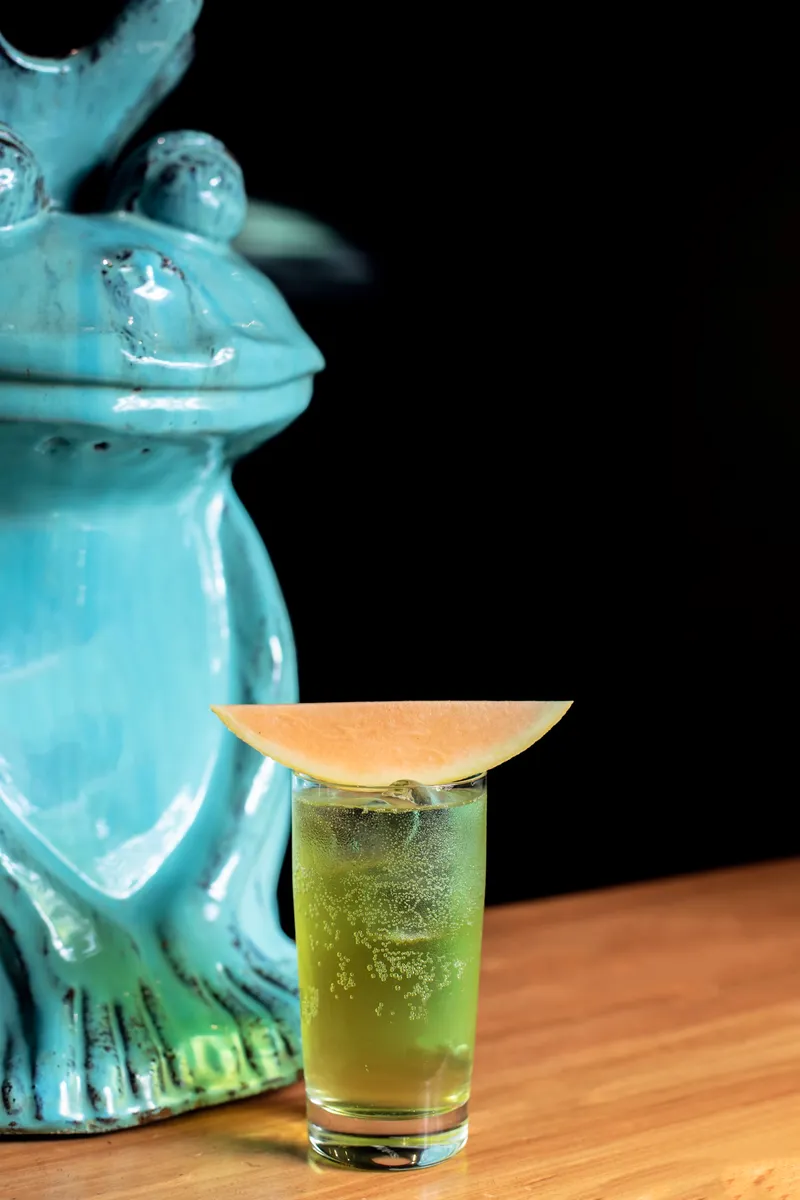What makes a bar sustainable? Inside eco-friendly bistros of India
While sustainability may be an expensive endeavour, many bars and restaurants in India are becoming environmentally conscious—not just to earn goodwill but to do their bit to make the world a better place.
Sustainability is gradually becoming a buzzword in the alcobev space. Whether it is about optimising resources, limiting waste generation, or local ingredients, bars are becoming environmentally conscious.
Many bars in Pune, Delhi, Bengaluru, and Kolkata are prioritising sustainability, Vikram Achanta, Co-founder of 30BestBarsIndia, a homegrown bar ranking platform, and Founder and CEO of Tulleeho—a drinks education, training and consulting firm—tells YS Life.
Pune’s Cobbler and Crew, helmed by Karan Khilnani and Vijeta Singh (of Elephant & Co fame), along with Mayur Marne (a former Diageo and Hakkasan hand), has been at the forefront of sustainability. However, Vijeta confesses that sustainability can be expensive, but bars must adopt it sooner rather than later.
“Bars can be sustainable by doing a few simple things like using local and organic ingredients, which reduces the carbon footprint of their drinks. It can start from there,” she says.

Vijeta Singh and Mayur Marne of Cobbler and Crew
Cobbler and Crew was termed India’s most sustainable bar in 2024 by 30BestBars. It shared the pedestal with Soy Como Soy, the first-ever Nikkei restaurant (using Peruvian ingredients shaped by Japanese techniques) in Pune. Only a few months after its launch, Cobbler and Crew, along with Malaka Spice (another Pune restaurant) jointly won the ‘Best Work in Sustainability’ award by 30BestBars in 2023.
Changing with the times
As per Achanta, bars must adopt a management model centred on waste reduction, recycling, energy conservation, and the promotion of sustainable food and beverage consumption.
Vijeta adds that bars can minimise waste by using biodegradable straws and cups, or by recycling or composting leftover ingredients. They can also source their ingredients from suppliers who prioritise sustainability and ethical farming.
For instance, Malaka Spice in Pune has been committed to a farm-to-table approach. It sources all its ingredients from a farm, situated outside Pune, which employs sustainable farming practices for both perennial and seasonal crops.
Addressing energy and water consumption is equally crucial.
“Despite many businesses being aware of these concerns, issues like water wastage, mismanagement, and heating ventilation and air conditioning units needlessly running in empty areas persist,” Achanta notes.
He adds that straightforward measures can help reduce carbon footprint. “These include the installation of motion-sensing lights in public areas, repurposing excess ice for tasks like mopping and watering plants, and adopting energy-efficient appliances and fixtures.”
A climate-positive menu
Climate-positive cocktails ensure sustainability with the use of local tipples, waste products, homemade bitters, and syrups.
At Pandan Club, a modern Peranakan restaurant in Chennai, locally sourced ingredients like coconut, tomato, celery, peppers, coriander seeds, and sugarcane juice are shared between the bar and the kitchen.
“The focus is on multi-purpose use—where garnishes are edible or drinkable. Waste, like tomato pulp, is repurposed as seasoning in the kitchen. Every drink is designed without the need for a straw, and non-plastic alternatives are employed for coasters and water bottles, altogether avoiding the use of plastic in our operations,” says Manoj Padmanaban, Co-founder of Pandan Club, which was awarded ‘The Best Non-Alcoholic Cocktail Menu’ at 30BestBarsIndia 2023.

Image source: Cobbler and Crew
Besides creating their own bitters and syrups, many restaurants like Pandan also create in-house zero alcohol by volume (ABV) gin, containing up to 0.5% alcohol by volume.
Pune’s Soy Como Soy also transforms leftover fruit peels and pulps into saccharums and syrups, while husks become bitters. Mint and lemongrass are used to flavour teas while it also repurposes Styrofoam boxes into flowerbeds and chillers.
“We prioritise local ingredients like multi-floral honey from the Moonshine Honey Project (selling natural honey sourced directly from beekeepers engaged in responsible harvesting) and make clear ice blocks in-house. Our cocktails feature recycled, upcycled, and locally sourced ingredients,” mentions its Co-founder Sandy Singh.
For example, the leftover melon from their melon curry is used to make a
melon liqueur in-house for a cocktail called Rubio. The pickled ginger brine—a leftover product from sushi—is used in the cocktail Chilcanito.
It composts the remaining organic waste to fertilise its in-house microgreens.
Cobbler and Crew, too, sources produce from local organic farms like Trikaya (which grows exotic vegetables and fruits) and others that use hydroponic farming. Cocktail garnishes like bhakarwadi, khakra and rice chakli are also sourced from Pune.
“When it comes to spirit ageing, where clay pots are used, we have consciously tied up with a local street vendor who designs the exact number of pots we need every week,” adds Vijeta.
Waste management is key
Waste management contributes to a bar’s productivity and performance, believes Vijeta. At Cobbler and Crew, all the waste surplus like bubble wraps, kitchen plastic and empty wrappers are collected and sent back to Recharkha (an eco-social platform that recycles) to design coasters.
It also uses disposable napkins made from recycled paper and disposable glasses made of rice husk for takeaways.
Ice waste is another challenge that plagues restaurants and bars.

The bar at Cobbler and Crew
“To tackle this, we use a removable ice bin in which a limited amount of ice is kept for operations, and the remaining ice is sent back to the ice machine,” adds Vijeta.
Jamming Goat 3.0 in Bengaluru plays to the Goan vibe with deconstructed cocktails and a creative menu
Water and energy conservation
Conserving energy and water resources can have a major impact on the operating costs of a bar, along with meeting sustainability parameters.

Soy Como Soy uses leftover melon from their melon curry to make a melon liqueur in-house for a cocktail called Rubio
Cobbler and Crew’s cocktail stations have pre-rinsers with low water flow that release just enough water to clean the equipment without any wastage. A three-component sink is used for dipping dishes and equipment instead of running water. It also majorly employs dry cleaning for the floor.
“When it comes to electricity conservation, we try and switch all the lamps and restaurant lighting while not in operation after lunch. We use dim lights when we can, and switch off all extra lighting post 9 PM. While purchasing any equipment for the restaurant, we look out for energy-efficient equipment like high-efficiency fryers and blenders. Energy audits are put in place to analyse our consumption,” shares Vijeta.
Soy Como Soy reuses melted ice to water plants and for misting fans, monitors consumption with a water meter, and uses low-energy lights and energy-efficient setups.
With many liquor companies also becoming environmentally conscious, sustainability is now a cornerstone of bartending and bartending competitions.
For many bars, sustainability is not just about earning the goodwill of customers but genuinely believing in caring for the world, says Vijeta.
“We integrate sustainability into our operations because it's what we believe in, not just as a selling point,” she concludes.
Edited by Kanishk Singh






